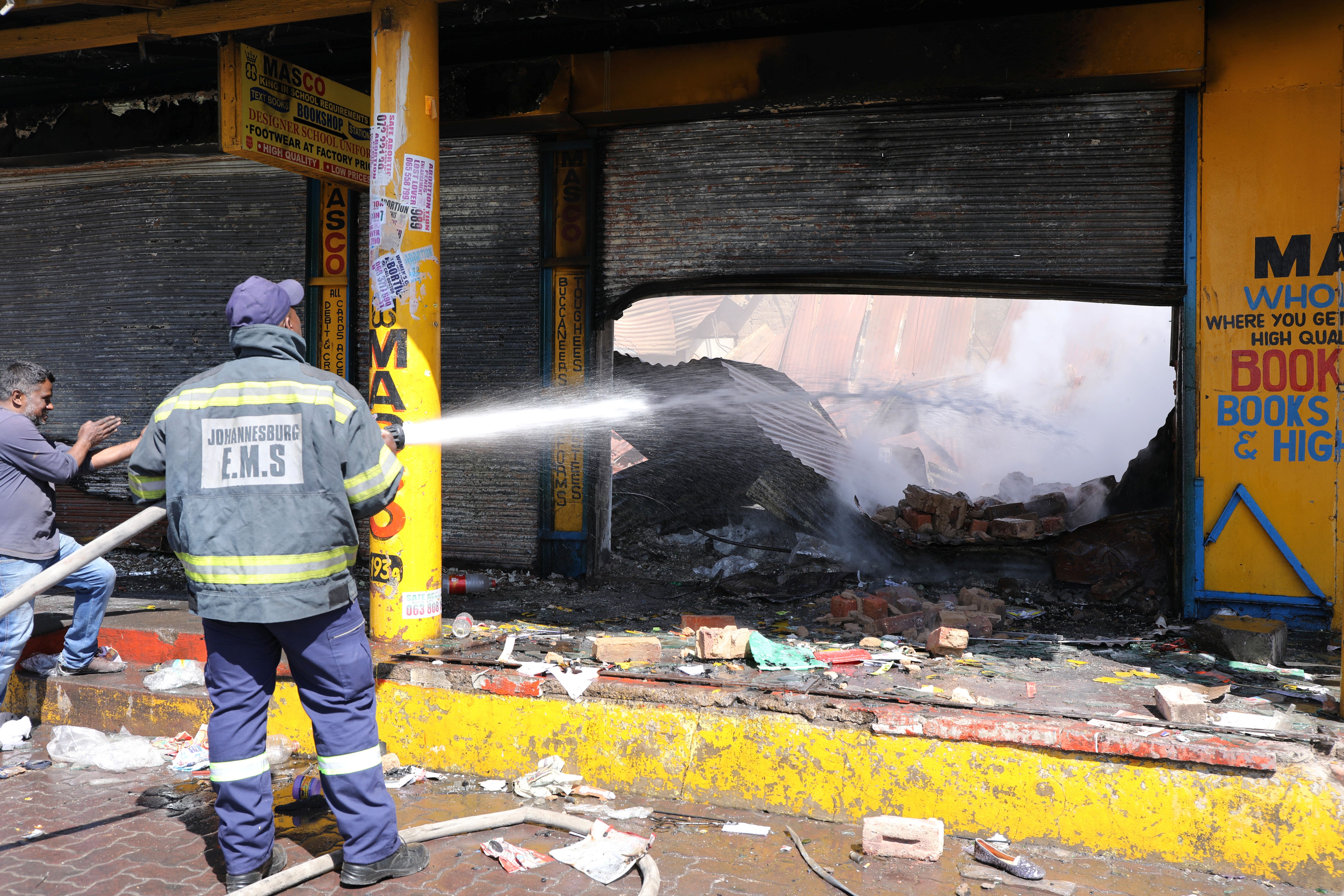September 03, 2019
Xenophobic riots in South Africa: Police in South Africa have arrested more than a hundred people in riots that appeared to target foreign-owned businesses in and around Johannesburg, the country's largest city. In a nation where the official unemployment rate is nearly 30 percent, foreign business owners and refugees from other African countries often face violence by people who accuse them of stealing jobs from South Africans. Over the past ten years, hundreds of anti-foreigner attacks have been registered. The most recent episode has taken on an international dimension as well: Nigeria, which says a number of its citizens were targeted in the violence, has already recalled its ambassador.
Peru beefs up the border: Peru is beefing up border security after imposing stricter rules on Venezuelan migrants seeking to enter the country. Since requiring Venezuelans to have visas earlier this summer, the number of legal arrivals has fallen by 90%. But now authorities are concerned that the new requirements have driven migrants underground or into the hands of traffickers. Ecuador, Peru, and Chile all have visa requirements for Venezuelans. Colombia, which is already home to 1.4 million Venezuelan migrants has thus far imposed few restrictions and has in fact encouraged them to stay visible by registering for basic social services. We are watching to see if harder policies in Bogota's Andean neighbors put greater strain on Colombia's own largesse.
What We're Ignoring
China at the WTO: Beijing has filed a formal complaint with the World Trade Organization (WTO), alleging that the tariffs that the Trump administration has slapped on Chinese goods violate the global trade regulator's rules. We are all for playing by the rules, and some details of the ongoing US-China dustups at the WTO are amusing (Washington, for example, is arguing part of its case for tariffs on the basis of "public morals"), but we are ignoring this for two reasons. First, any WTO rulings will take years, and the US might not even abide by them. Second, to say that China's actions here will have zero effect on WTO-skeptic Donald Trump's trade policy would be to understate the zeroness of the concept of zero itself.
More For You
- YouTube
Welcome to the Jungle
Most Popular
Think you know what's going on around the world? Here's your chance to prove it.
Senator Flavio Bolsonaro, son of Brazil's former President Jair Bolsonaro, speaks during an interview with Reuters in Brasilia, Brazil, on December 19, 2025.
REUTERS/Adriano Machado
Three years ago today, supporters of former Brazilian President Jair Bolsonaro stormed Congress and other buildings in Brasília. With Bolsonaro in jail, though, and the election coming in October, his successor as leader of Brazil’s right is unclear.
© 2025 GZERO Media. All Rights Reserved | A Eurasia Group media company.
